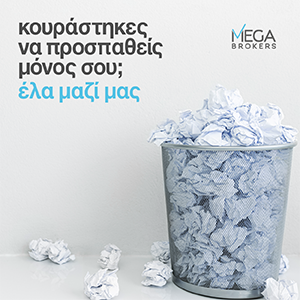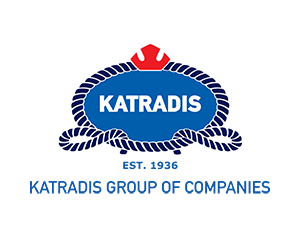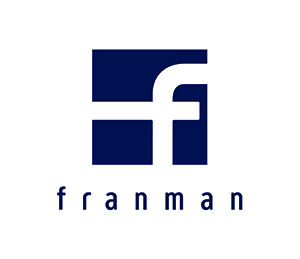The elite of the Greek Shipping Community gathered at the 7th Slide2Open Shipping Finance 2024 Conference. On-stage interviews with renowned shipowners such as Mr Costas Delaportas of DRYDEL SHIPPING GROUP (f. Meadway Shipping and Trading Inc.) and Mr Valentios (Eddie) Valentis, along with the first appearance and interview with the director of Alberta Shipmanagement, Ms Alexia Inglessis.
Official Address by the Minister of Maritime Affairs and Insular Policy of the Hellenic Republic, Mr Christos Stylianides, who stressed the importance of worldwide collaboration for the development of low and zero carbon fuels, asserting that finance, particularly through Public-Private Partnerships, is essential to meet the substantial capital requirements for decarbonization efforts.
For the seventh consecutive year, the Slide2Open Shipping Finance 2024 Conference took place on Wednesday, January 24, 2024, at Megaron, the Athens Concert Hall, Banqueting Hall. The event hosted 400 representatives from the political, business, academic, and research sectors, with online participation from 30,000 unique users, spanning 130 countries.
The second panel was called to answer the question “How European is European Shipping today?”. Mr Angelos Roupas Pantaleon, Conference Chair and Moderator, Greek Representative, EUROMAR and Founder Second Wind & Partners, asked Mr Ralf Garrn, Managing Director at OceanScore, Dr Albrecht Gundermann, Managing Director, EUROMAR, Ms Nektaria Retsou, General Manager, Hellas Confidence Shipmanagement S.A., Mr Alexis Stephanou, Chief Financial Officer, Goldenport Group and Mr Yiannis Timagenis, Partner, Timagenis Law Firm (i) if Europe can recapture its shipping industry prominence? (ii) what it will take to give European service providers a global leadership position? And (iii) how can shipping and the EU reinforce their relationship?
Ms Retsou noted that the European Union imposes regulations very often, on top of IMO existing ones. Shipping professionals often wonder if these requirements have any added value. No compromise is accepted in terms of safety and the protection of the environment, but the industry has to be more actively involved in regulatory updates. Europe controls around 40% of world tonnage, but the vast majority of this tonnage is registered outside Europe.
Mr Garn said that all regulations that put a price on something are hard at the beginning. He believes that EU ETS (emissions trading scheme) will not be a European topic in the future and that this will most probably be taken globally by IMO. One benefit that he sees is that EU ETS will foster innovation. At this point the environment is priority and probably the EU regulators moved faster than the shipping associations. The polluter has to pay and the next 12 months will be a learning experience for the whole industry. 2024 is the moment of truth for ship owners. Closing, he noted that European shipping is global.
Mr Gundermann questioned “what is to be European?”. Europe is thriving by allowing competition, by using the forces that we have in Europe, by collaborating. In terms of raising the voice of shipping, he emphasized the importance of the lobbying process in Brussels. Less regulation inside the EU, more using the power of Europe around the world is the way ahead. He believes that European shipping is not European enough.
Mr Stephanou believes that shipping still remains European, in terms of ownership and service providers and that some less value-added segments have moved out of Europe. In terms of capital markets, there are more that could be done and improved in Europe, whereas the American market is more flexible and fast. He moved on to say that European regulations are effective, but should not create a drag on the business. He would also expect the charterers to be more prepared, but this has not happened. There is no uncertainty regarding the implementation of the regulation (as there is as regards fuel), so everyone should be prepared.
Mr Timagenis said that some regulation is inevitable. The question is to be involved in the process of producing the regulations and this is the key because, when the time of application comes, it will fall on the practitioners. As human capital is key, training and education is necessary all over Europe. Also competitiveness is very important – we have to look at what the competitors are doing, in this case China, which is aiming at becoming first in every single industry. The shipping community should promote its agenda by keeping the human capital and get more involved also in the European structure to promote the interests of shipping. Being proactive is always important.
see more: https://www.slide2open.net/en/sf2024/























